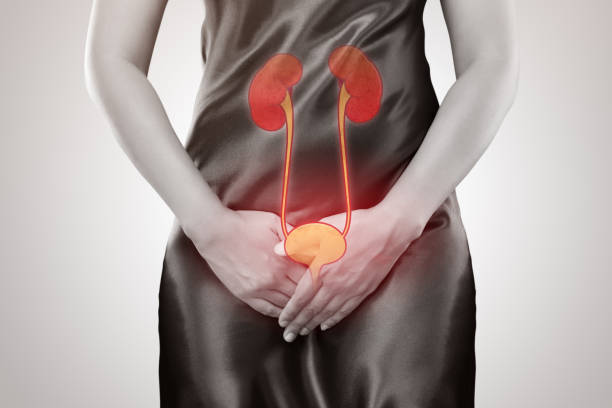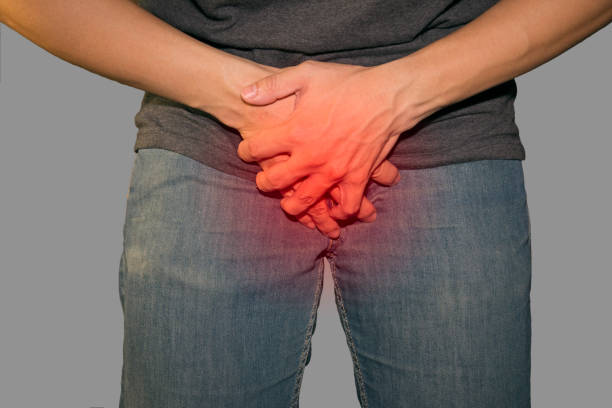Urinary tract infections (UTIs) are common bacterial infections that occur in the urinary tract, which includes the bladder, ureters, and kidneys. UTIs are more common in women than in men and can range from mild to severe, with symptoms ranging from discomfort to pain. If you have any symptoms of a UTI, it is important to seek medical treatment as soon as possible.
Symptoms of UTI infection
The following are some of the most common symptoms of UTI infections:
Pain or burning when urinating: This is one of the most common symptoms of a UTI. The burning or pain can be mild to severe, and can sometimes be accompanied by a frequent urge to urinate.
Cloudy, strong-smelling urine: UTIs can cause urine to become cloudy or strong-smelling, which is a sign that bacteria is present in the urine.
Urgent need to urinate: People with UTIs may experience an urgent need to urinate, even when their bladder is not full.
Back or abdominal pain: UTIs can sometimes cause pain in the back or abdominal area, especially if the infection has spread to the kidneys.
Urine that is pink, red, or brown: This can be a sign of blood in the urine, which is a common symptom of UTIs in the lower urinary tract.
Fatigue and general discomfort: UTIs can cause fatigue, weakness, and a general feeling of discomfort.
Treatment for UTI infections
The treatment for UTI infections depends on the severity of the infection, as well as the specific bacteria that is causing the infection. Antibiotics are the most common treatment for UTIs and are usually effective in clearing up the infection within a few days to a week.
Your doctor may prescribe a single, large dose of antibiotics or a series of smaller doses taken over a period of several days. If the infection is severe, you may be prescribed antibiotics to be taken intravenously in a hospital setting.
It is important to complete the full course of antibiotics, even if you start to feel better before the medication is finished. If the antibiotics are stopped too soon, the bacteria may become resistant to the medication, making it harder to treat the infection in the future.
In addition to antibiotics, there are also some home remedies that can help alleviate the symptoms of UTIs:
Drinking plenty of water: Staying hydrated can help flush out the bacteria causing the UTI.
Avoiding irritating drinks: Drinks such as coffee, tea, and alcohol can irritate the bladder, so it is best to avoid them if you have a UTI.
Taking over-the-counter pain relievers: Pain relievers such as ibuprofen or acetaminophen can help relieve the pain and discomfort associated with UTIs.
Using a heating pad: Placing a heating pad on your lower abdomen or back can help relieve pain and discomfort.
If you have any symptoms of a UTI, it is important to seek medical treatment as soon as possible. UTIs can lead to serious complications if left untreated, so it is important to take care of the infection promptly.
In conclusion, UTIs are common bacterial infections that can cause discomfort and pain in the urinary tract. The most common symptoms include pain or burning when urinating, cloudy or strong-smelling urine, and an urgent need to urinate.

 Home
Home Health
Health Diet & Nutrition
Diet & Nutrition Living Well
Living Well More
More












